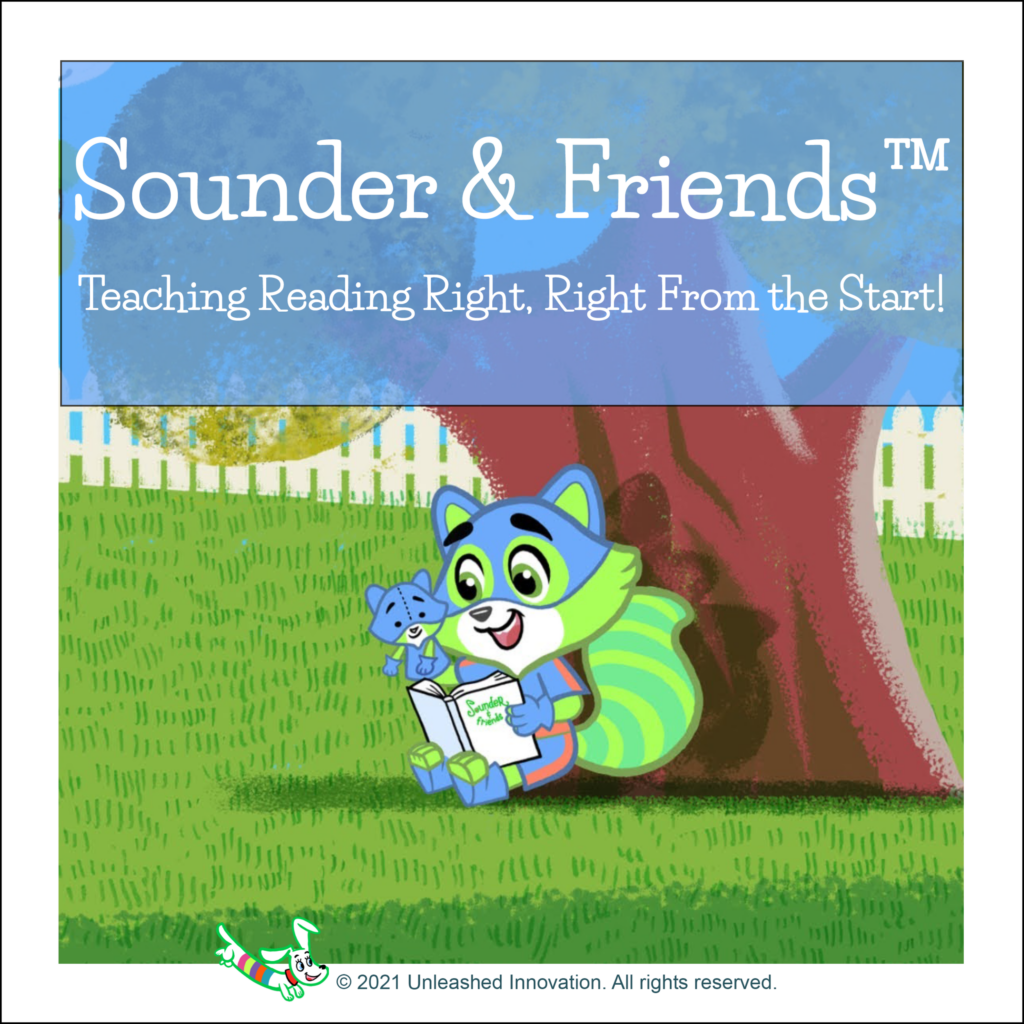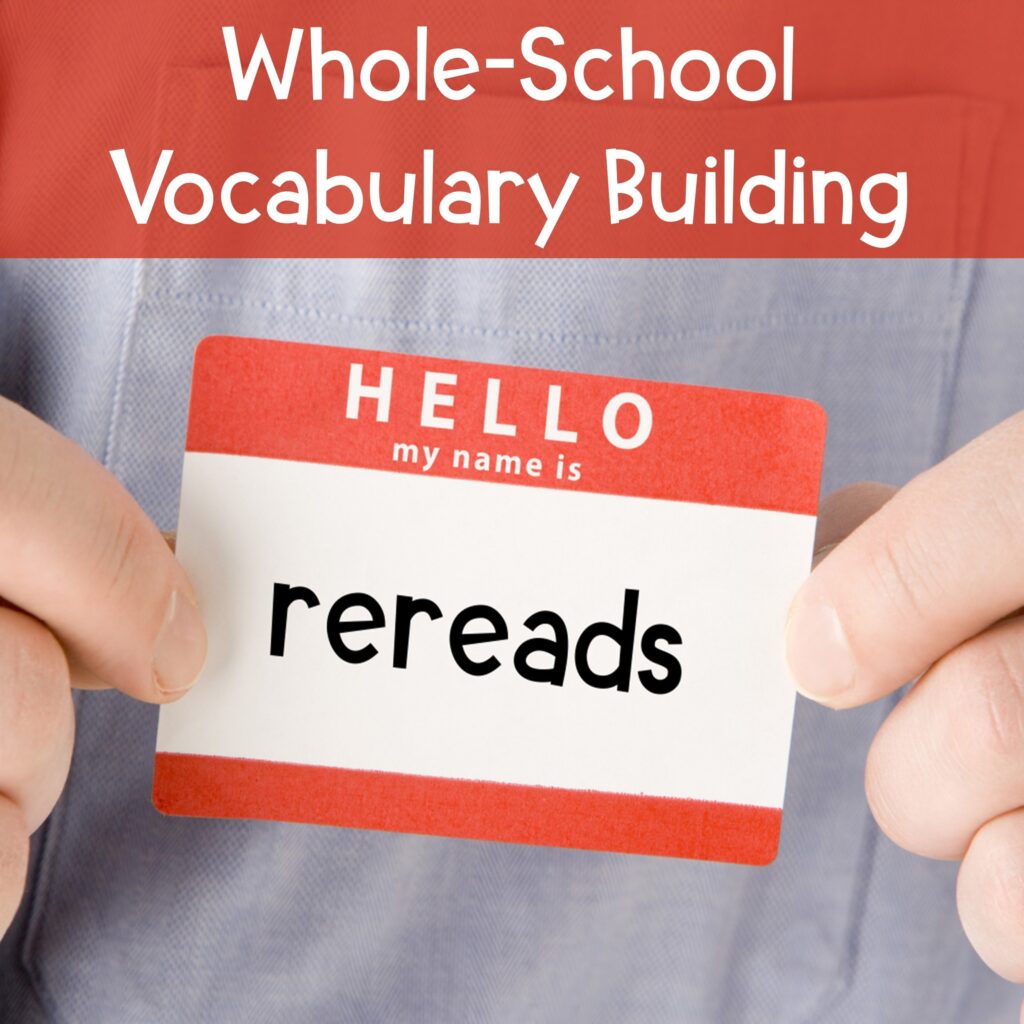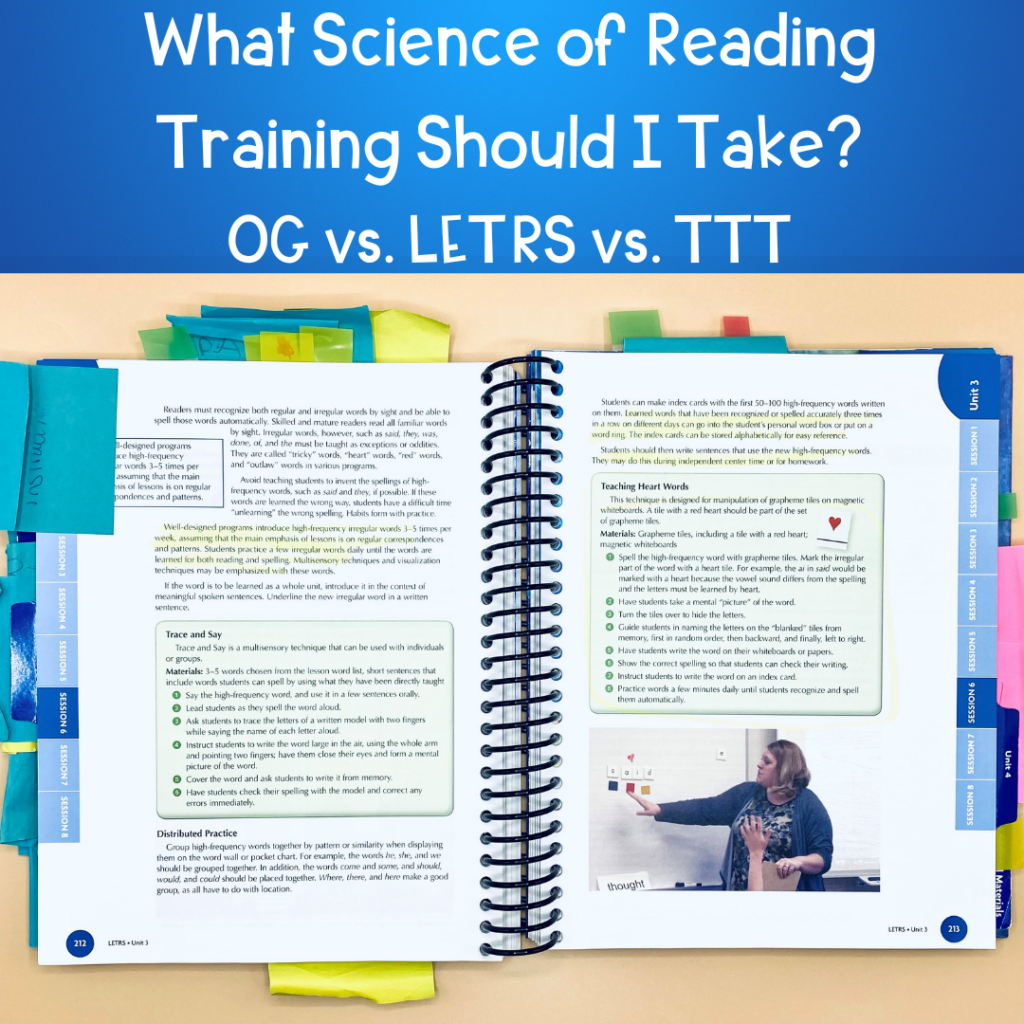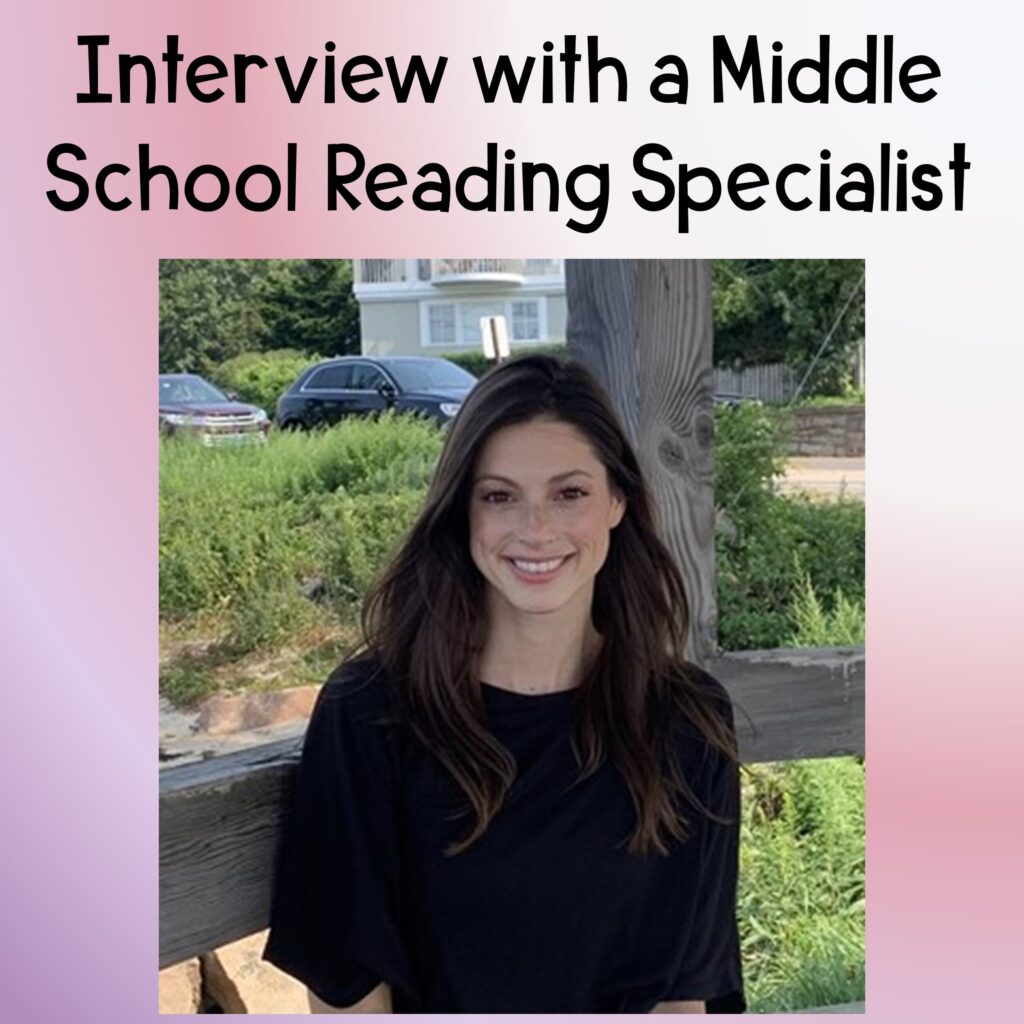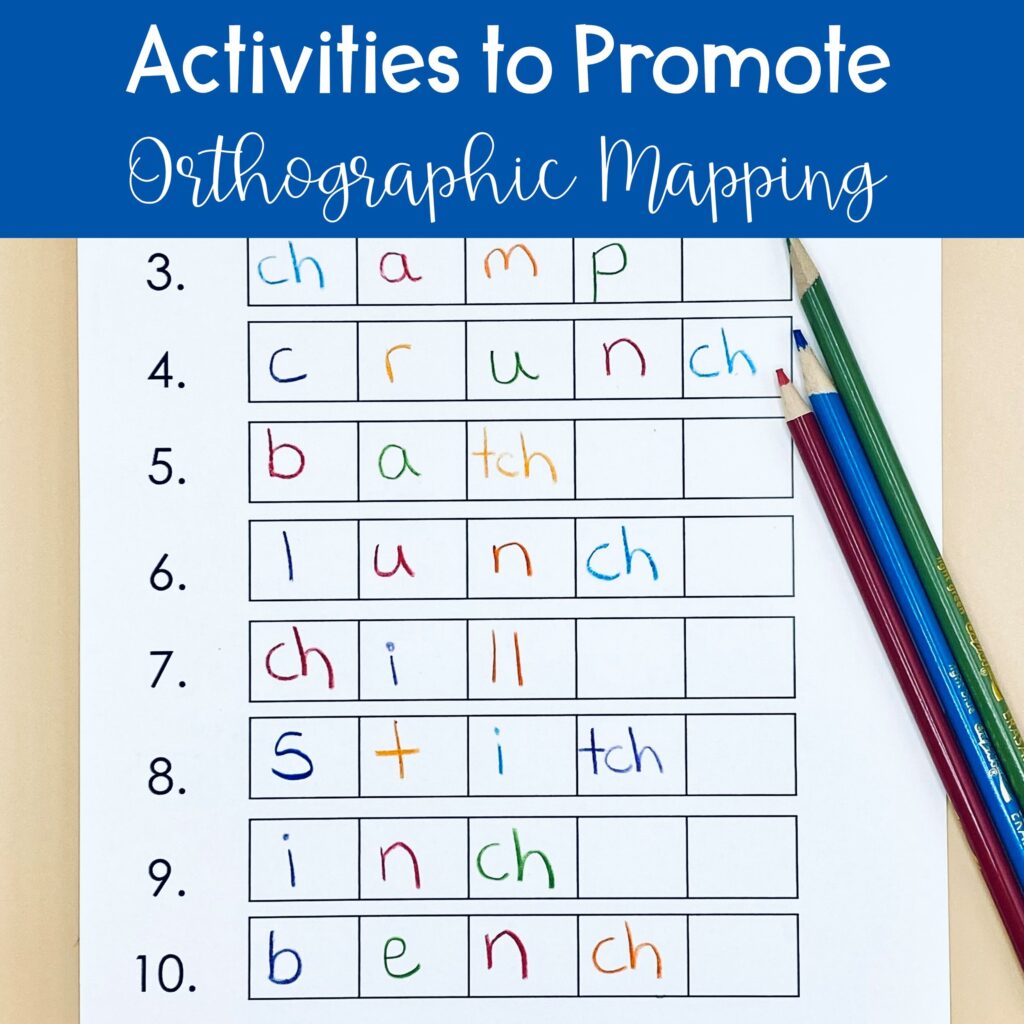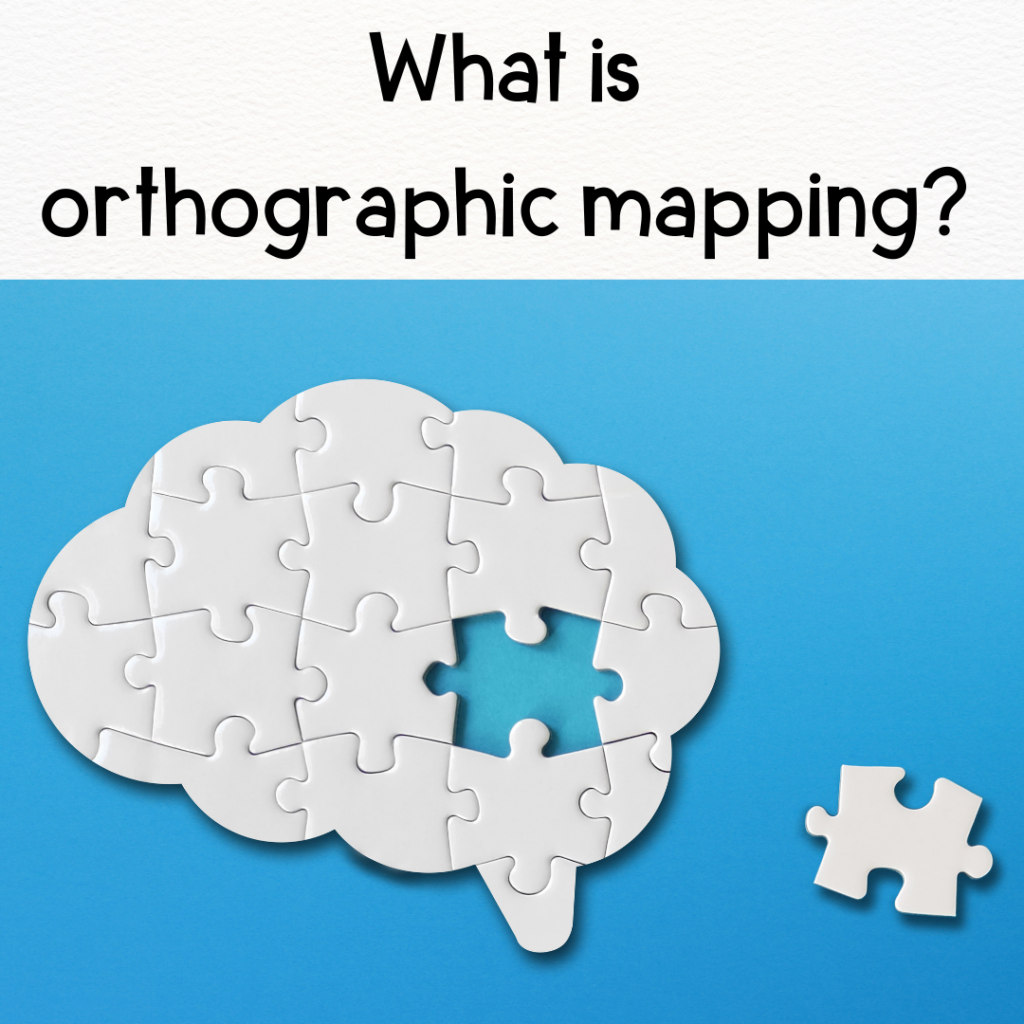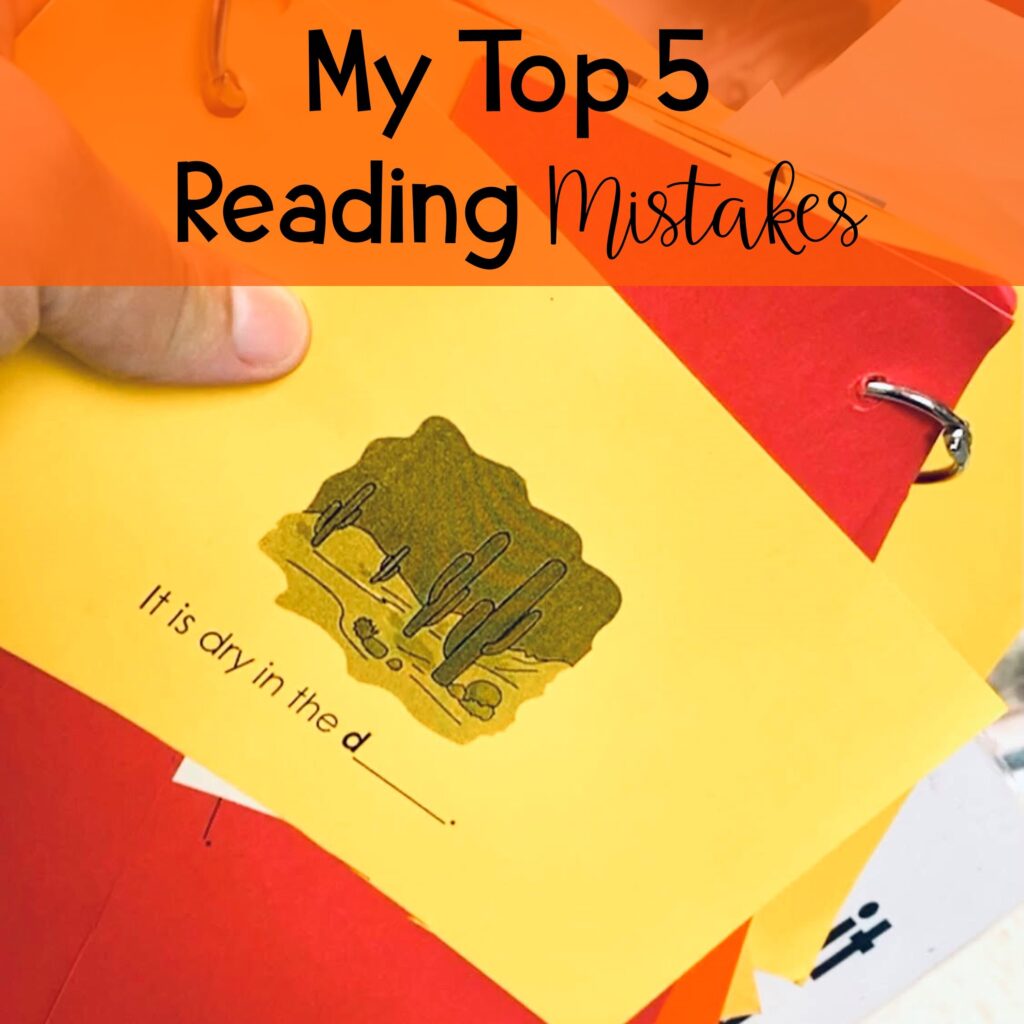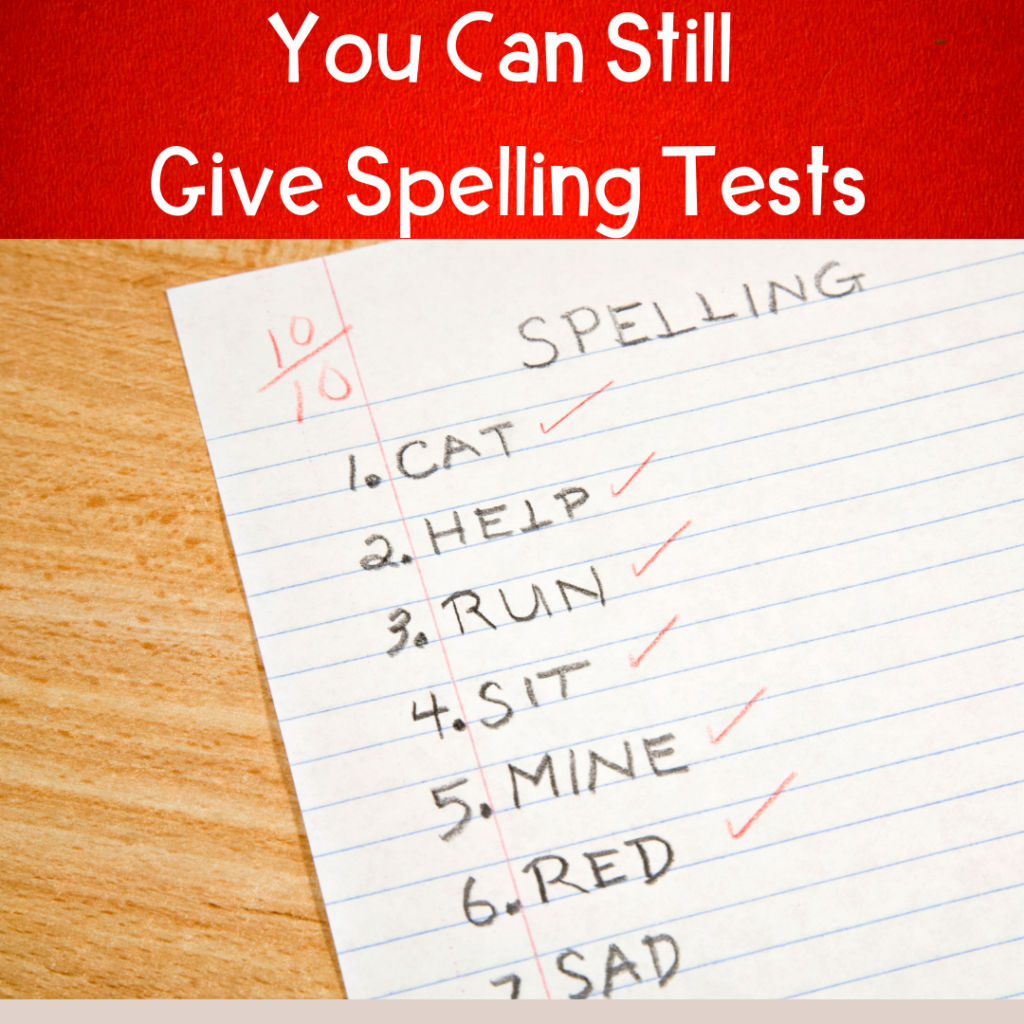
- Phonics
As I entered the Science of Reading world, I heard a lot about how people were ditching spelling tests. When I was in the classroom, I had between 4 and 5 different “word study” groups, and each group had a spelling test on Friday. So that meant I spent over an hour each Friday testing children on their words. When


